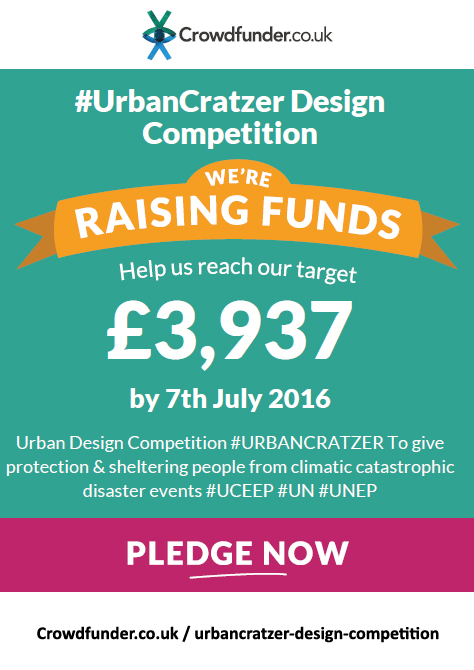Second glance at the Zero Draft New Urban Agenda 18 June
Extract from Zero Draft New Urban Agenda #NUA #NuevaAgendaUrbana #AgendaBaruPerkotaan #NouvelAgendaUrbain
By the year 2050, the world urban population is expected to nearly double, posing massive sustainability challenges in terms of housing, infrastructure, basic services, and jobs among others. There is a need to address the way cities and human settlements are planned, developed, governed and managed.
“32. We commit to recognise the working poor in the informal economy as contributors and legitimate actors of the urban economies, including the unpaid and domestic workers. A gradual approach to formalisation will be developed to preserve and enhance informal livelihoods while extending access to legal and social protections, as well as support services to the informal workforce.”
“52. We commit to facilitate and support urban development in a manner that preserves rapidly diminishing natural resources, protects and improves the urban ecosystem and environmental services, promotes disaster risk reduction, while promoting sustainable economic development and people’s well-being, through environmentally sound planning, infrastructure and basic services, enhancing the quality of life of the inhabitants.”
“53. We commit to promote the creation of well-connected and well-distributed networks of open, multipurpose, safe and green public spaces, including the creation of ecological corridors, to improve the resilience of cities to disasters and climate change, reducing flood risks and heat waves, and improving food security and nutrition, physical and mental health, household and ambient air quality, and attractive and liveable urban landscapes.”
“64. We commit to shift from reactive to more proactive risk-based, all-hazards and all-of-society approaches, while also ensuring timely and effective local disaster response to address the immediate needs of inhabitants following a disaster, as well as the integration of the ‘’Build Back Better’’ principles in the post-disaster recovery process to integrate the lessons from past disasters into future planning and resilience-building measures.”
“77. We will encourage applying the principle of subsidiarity in the implementation of national housing policies through subnational and decentralized structures in order to ensure the coherence between national and local urban development strategies, land policies, and housing supply.”
“121. We will support access to different multilateral funds, including the Green Climate Fund, for cities to secure resources for climate change adaptation and mitigation plans, policies, programmes and actions. We will collaborate with local financial institutions to develop climate finance infrastructure solutions and to create appropriate mechanisms to identify catalytic financial instruments. We will collaborate with national and international insurance and reinsurance institutions to develop feasible solutions for future climate risks in cities, with regard to investments in urban infrastructures, urban assets as well as for local populations to secure their shelter and economic needs.”
“129. We will strengthen cooperation between sub-national and local governments and civil society as well as their existing networks to deliver on capacity development programmes by means of peer-to-peer learning, subject-matter related partnerships, and collaborative action such as inter-municipal cooperation, including the establishment of practitioners’ networks and other science-policy interface mechanisms.”
“133. We will support institutionalized mechanisms for sharing and exchanging information, knowledge and expertise, including the collection, analysis and dissemination of geographically-based, community-collected and disaggregated data by income, gender, age, race, ethnicity, migratory status, disability, geographic location and other characteristics relevant in national and local contexts, as well as ensuring a robust science-policy interface in urban policy formulation.”
“136. We will foster the creation, promotion, and enhancement of open and participatory data platforms using technological and social tools available to transfer and share knowledge among national, sub-national, and local governments and other stakeholders, including non-state actors and people to enhance effective urban planning and management, efficiency, and transparency through e-governance, ICT-assisted approaches.”
Source: revised Zero Draft


